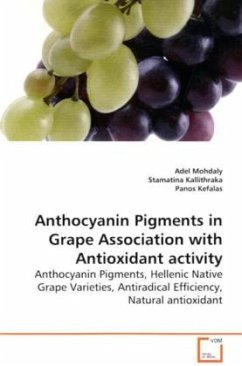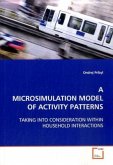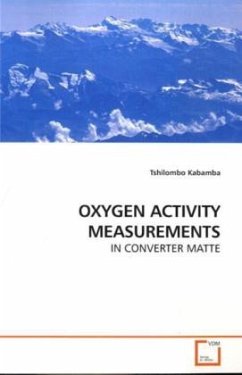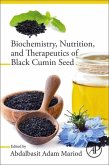Since many undesired oxidation processes, including
food decay and a variety of diseases, anthocyanins
from grape skins are potential added value products
that can be applied as natural food additives and
disease chemopreventive agents. Anthocyanins are
widely dispersed throughout the plant kingdom. The
world annual consumption of anthocyanins has been
estimated as 10,000 tons from red grapes only. As
well as acting as attractants for pollinating
insects, anthocyanins in the epidermis have a
protective role, acting as a filter and reducing the
levels of harmful irradiation reaching mesophyll
cells. Today, natural antioxidants are still under
intensive study and represent a currently emergin
concept in nutrition. The intent of this book is to
identify and quantify anthocyanins present in
thirteen traditional Greek red grape varieties and
four of the so-called international cultivars
grown in Greece and to evaluate their antioxidant
activity. Their identification and quantificatio
were carried out using High Performance Liquid
Chromatography (HPLC). Antioxidant activity was
evaluated by measuring the scavenging ability of
skin extracts using the DPPH assay.
food decay and a variety of diseases, anthocyanins
from grape skins are potential added value products
that can be applied as natural food additives and
disease chemopreventive agents. Anthocyanins are
widely dispersed throughout the plant kingdom. The
world annual consumption of anthocyanins has been
estimated as 10,000 tons from red grapes only. As
well as acting as attractants for pollinating
insects, anthocyanins in the epidermis have a
protective role, acting as a filter and reducing the
levels of harmful irradiation reaching mesophyll
cells. Today, natural antioxidants are still under
intensive study and represent a currently emergin
concept in nutrition. The intent of this book is to
identify and quantify anthocyanins present in
thirteen traditional Greek red grape varieties and
four of the so-called international cultivars
grown in Greece and to evaluate their antioxidant
activity. Their identification and quantificatio
were carried out using High Performance Liquid
Chromatography (HPLC). Antioxidant activity was
evaluated by measuring the scavenging ability of
skin extracts using the DPPH assay.








